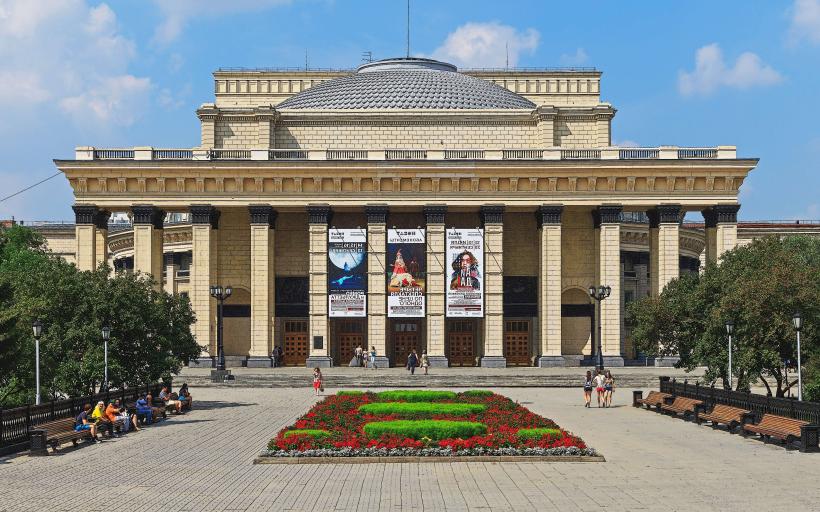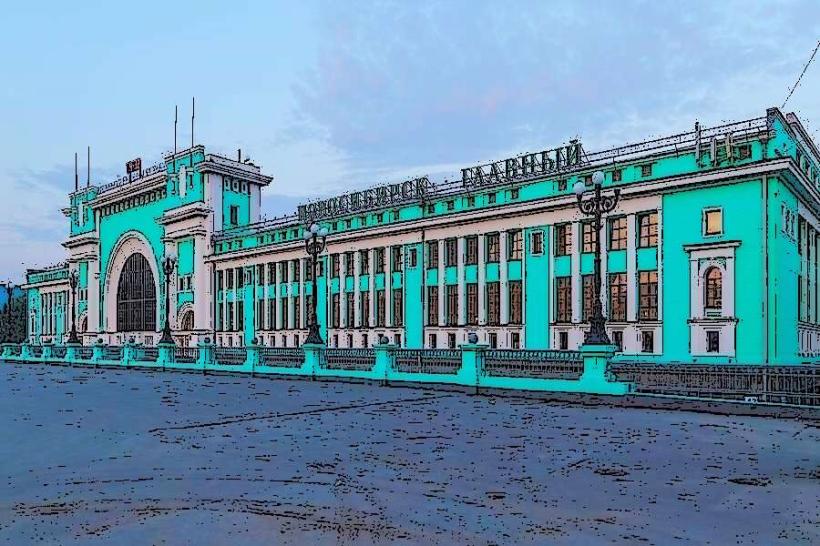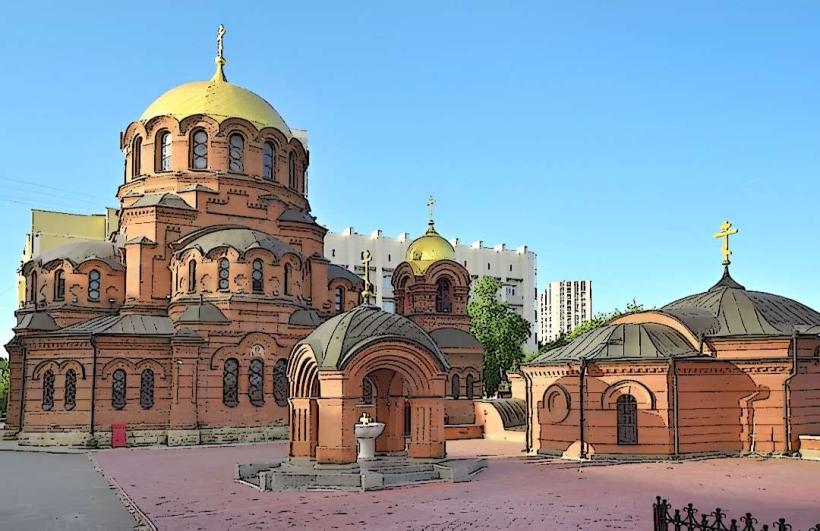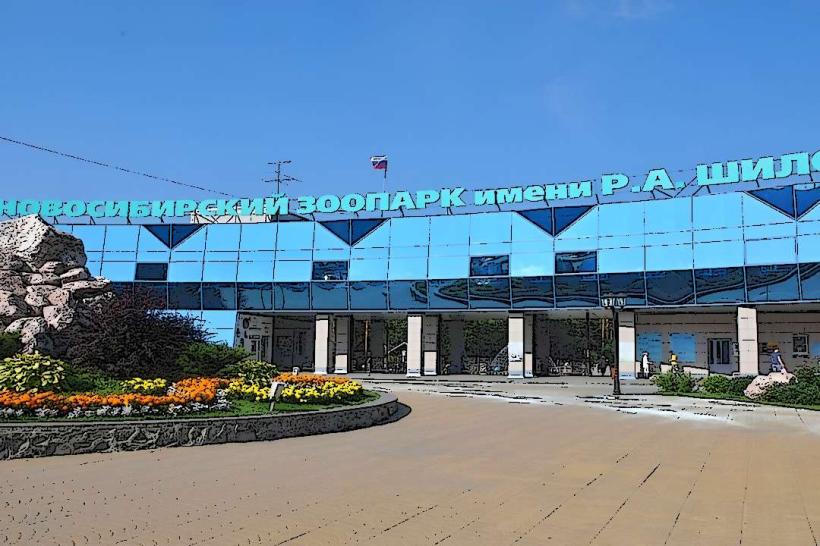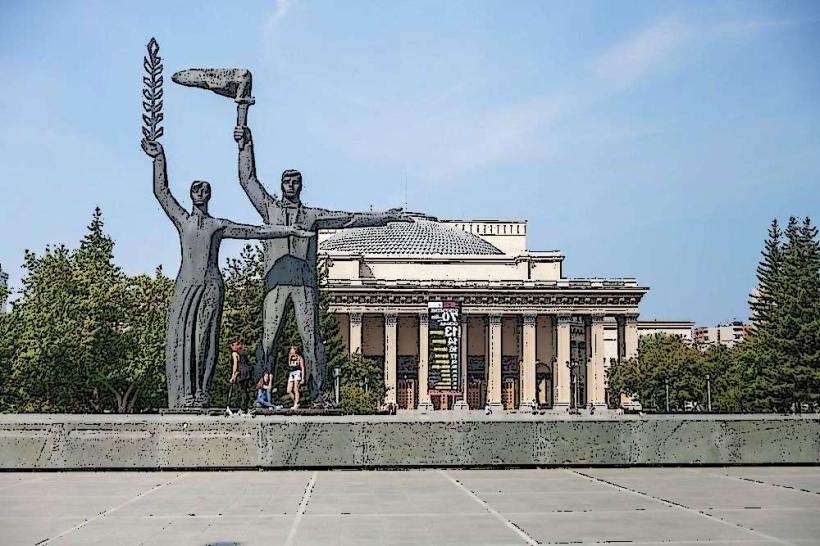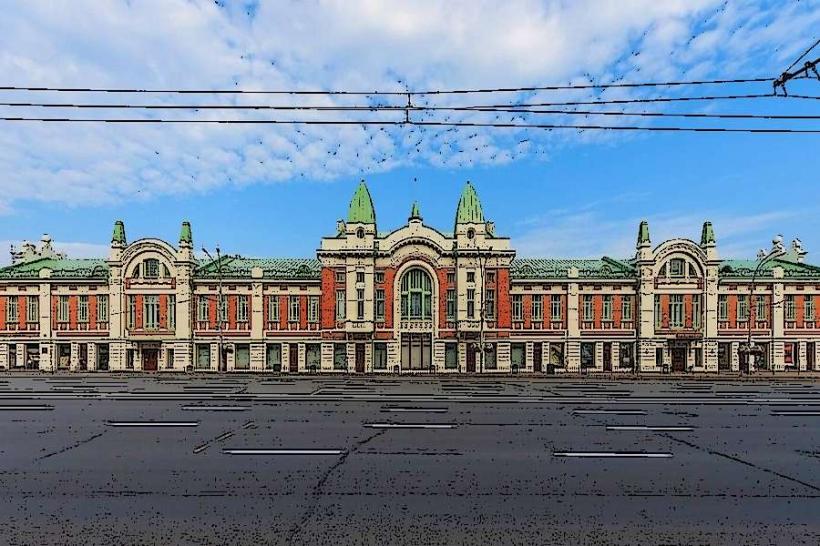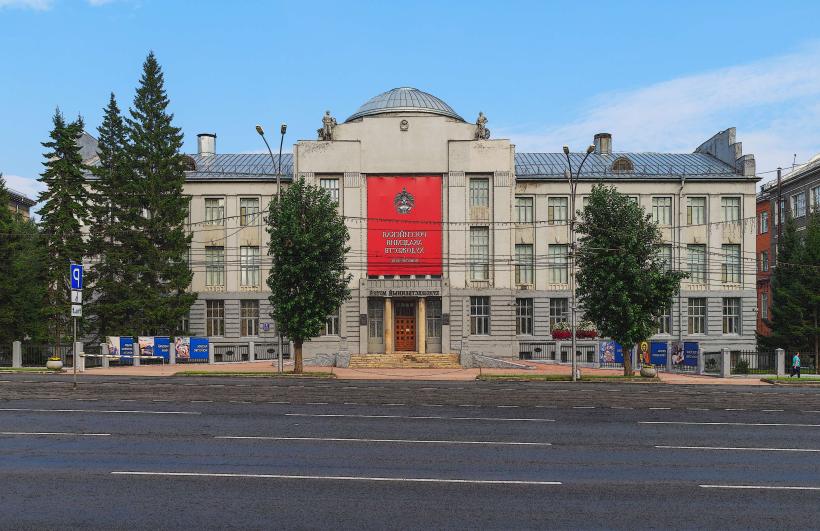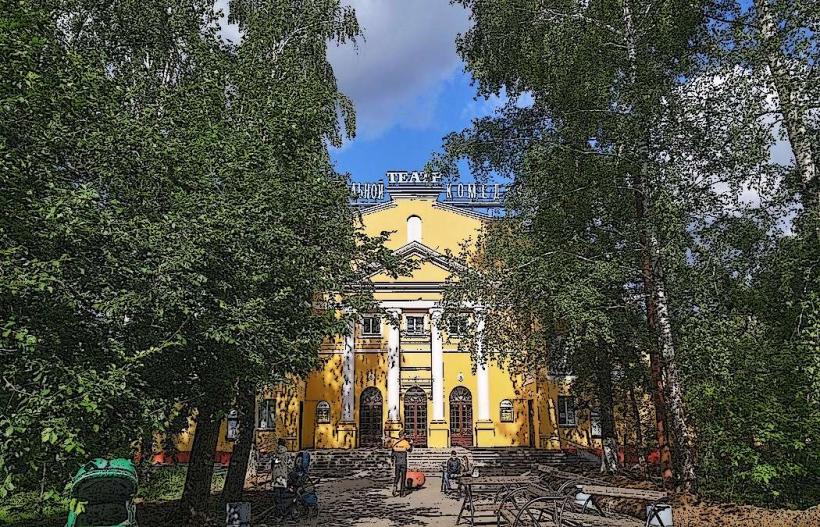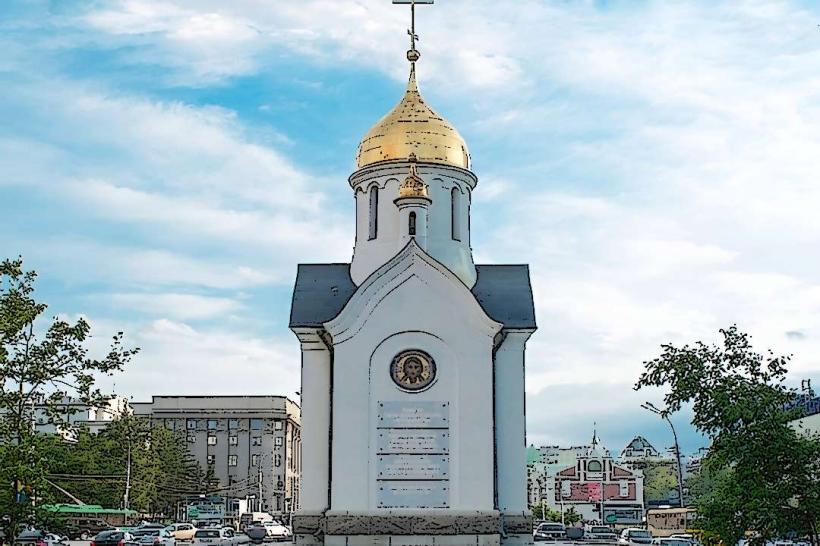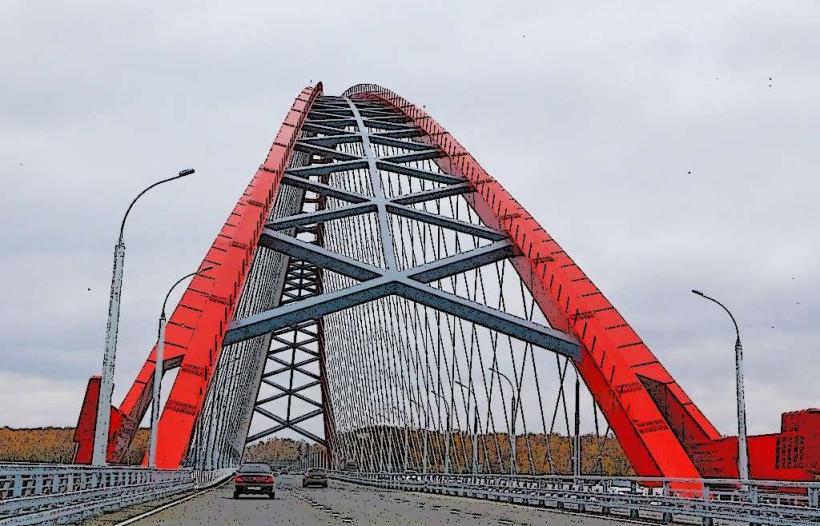Information
City: NovosibirskCountry: Russia
Continent: Europe
Novosibirsk, Russia, Europe
Novosibirsk serves as the administrative center of the Siberian Federal District and the Novosibirsk Oblast. It is the third-largest city in Russia and the unofficial "Capital of Siberia," situated on the banks of the Ob River.
Historical Timeline
Founded in 1893 as Novonikolayevsk at the crossing of the Trans-Siberian Railway bridge over the Ob River, the city experienced the fastest growth in the world during its early years (recorded in the Guinness Book of Records). It was renamed Novosibirsk in 1925. During WWII, the city became a major industrial hub as dozens of factories were evacuated here from western Russia. In 1957, Akademgorodok (Academy Town) was established, transforming the city into a global scientific center.
Demographics & Population
The metropolitan population is approximately 1.71 million as of 2026. The demographic is roughly 94% ethnic Russian, with significant minorities of Ukrainians, Uzbeks, Tatars, and Germans. The city has a younger-than-average demographic due to its 30+ higher education institutions and the scientific community in Akademgorodok.
Urban Layout & Key Districts
The city is divided into 10 administrative districts across two banks of the Ob River:
Tsentralny District (Right Bank): The historic and cultural core featuring the Opera House and Lenin Square.
Leninsky District (Left Bank): The most populous residential and industrial district.
Sovetsky District: Located 20 km south of the center; contains Akademgorodok and the Novosibirsk Reservoir (the "Ob Sea").
Zheleznodorozhny District: Houses the central railway station and primary transport logistics.
Top City Landmarks
Novosibirsk Opera and Ballet Theatre: The largest theater building in Russia (even larger than the Bolshoi).
Novosibirsk Zoo: Famous for being the home of the world's first "liliger" (offspring of a lion and a ligress).
Alexander Nevsky Cathedral: The first stone building in the city, built in the Neo-Byzantine style.
Akademgorodok: A dedicated "scientific forest" containing over 35 research institutes.
The 100-Flat Building: An award-winning architectural monument designed by Andrey Kryachkov.
Museum of Railway Equipment: A massive outdoor collection of historical Trans-Siberian locomotives.
Transportation Network
Novosibirsk is a primary hub on the Trans-Siberian Railway. It features the Novosibirsk Metro, a two-line system (Leninskaya and Dzerzhinskaya). In late 2025, the Sportivnaya station opened-the first new station in 13 years. The city also boasts the world's longest metro bridge ($2,145\text{ m}$) crossing the Ob River. Tolmachevo Airport (OVB) is the major regional air hub. Taxis are managed primarily via Yandex Go.
Safety & "Red Zones"
Travel advisories from Western nations (US, UK, Australia) remain at "Do Not Travel" in 2026. Foreigners are at risk of arbitrary detention. Avoid the Kirovsky and Pervomaysky districts late at night. Public political activity is strictly prohibited. GPS signal spoofing is common around government buildings and critical infrastructure.
Digital & Financial Infrastructure
International Visa and Mastercard cards do not work. Travelers must use cash (RUB) or a local MIR card. As of 2026, the Bank of Russia has implemented enhanced supervision of digital assets and mining, which is a major local industry due to Siberia's low energy costs. Internet speeds are high (100+ Mbps), but Western platforms (Instagram, Facebook) are blocked without a VPN.
Climate & Air Quality
The climate is sharply continental. Winters (December–February) are long and severe, with temperatures often dropping to $−20^{\circ}\text{C}$ or $−35^{\circ}\text{C}$. Summers (June–August) are short and warm, reaching $25^{\circ}\text{C}$ to $30^{\circ}\text{C}$. Air quality is generally moderate, but winter temperature inversions can trap coal-heating emissions.
Culture & Social Norms
Social standards are formal and academic. Tipping of 10% is standard. Unlike the European parts of Russia, there is a strong "Siberian" identity characterized by resilience and hospitality. Academic etiquette is strictly observed in the Sovetsky district.
Accommodation Zones
Lenin Square / Krasny Prospekt: Best for central tourism, theaters, and high-end dining.
Akademgorodok: Best for visiting researchers and those seeking a forest-like environment near the Ob Sea.
Local Cost Index
1 Espresso: 190 RUB ($2.10)
1 Standard Lunch: 550 RUB ($6.00)
1 Metro Trip: 35 RUB ($0.40)
Nearby Day Trips
Ob Sea (Novosibirsk Reservoir): 25 km (30 minutes) for beaches and sailing.
Tomsk: 260 km (4 hours) for historic wooden architecture.
Altai Mountains (Gorno-Altaysk): 450 km (6-7 hours or 1-hour flight) for alpine tourism.
Facts & Legends
A verified historical oddity is that the city originally spanned two time zones; the Ob River was the dividing line, and residents had to adjust their watches by one hour when crossing the bridge until 1958. A prominent local legend concerns the underground city of Akademgorodok-a rumored network of secret bunkers and tunnels connecting research institutes that are allegedly deep enough to survive nuclear strikes. The city also marks the geographic center of the former Russian Empire/USSR (symbolized by the Chapel of St. Nicholas).

